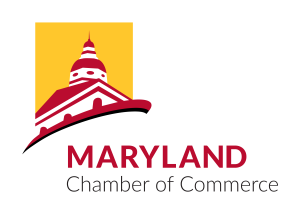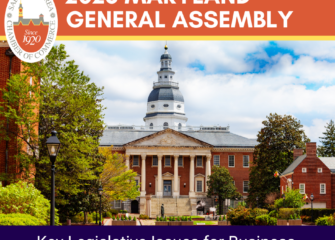
The national debt recently eclipsed a startling $35 trillion, a number that should concern every American. However, the debt won’t stop there; what should be really concerning for everyone is that it will continue to balloon far beyond where it currently sits, thanks to Washington’s insatiable spending appetite. We must get a hold of our out-of-control spending now, before the debt threatens our economic standing and the strength of the dollar.
According to the nonpartisan Congressional Budget Office, the debt-to-GDP ratio — the most accurate gauge of fiscal health — is projected to exceed 106% of our gross domestic product in three years, surpassing a previous record set following the conclusion of World War II. To put it simply, the debt is on an unsustainable trajectory that will result in trillions more added to it due to rising deficits.
If current policies continue, debt-to-GDP will reach 122% by 2034, resulting in an additional $22 trillion added to the debt. The side effects of this trend will not be pleasant — Americans will experience heightened inflation and interest rates beyond the levels we currently face, which are squeezing the purse strings of millions of people.
The days of fiscal responsibility feel like a figment of the past. The last time we produced a balanced budget and were on track to pay off the debt was in 2001. Since then, we have spent trillions during times of low interest, and now interest payments are catching up.
This year, interest passed all spending on national defense, Medicare, and all spending on children as the second largest budget item at $892 billion. Interest is the fastest-growing item in the budget and we must reverse its course before it gobbles up more dollars that should go toward critical spending such as Medicare, national defense and the soon-to-be insolvent Social Security.
After laying the facts out, you might ask — why hasn’t Washington prioritized fiscal responsibility in over two decades? It’s because both parties are complicit in the problem and love to spend more than we can afford. Since 2001, 80% of all discretionary spending that added to the debt was passed by a bipartisan vote.
Just as concerning as Washington’s history of neglect for the debt is the fact that our candidates for the presidency have little to no desire to address it. A recent study from the nonpartisan Committee for a Responsible Federal Budget found that both Vice President Kamala Harris and former President Donald Trump would significantly add trillions more to the debt, setting it on a trajectory to accumulate more under their proposed policies than under current ones.
We cannot afford to endure a presidency that accelerates the debt even further. The candidates must work to bring forth fiscally responsible policy that doesn’t dig us into an even deeper hole.
Along with the next administration, members of Congress must be focused on debt reduction and producing fiscally responsible policy. We can start by holding the debt’s growth at or below our GDP, not allowing it to grow any larger. Only then can we begin to steer the debt below our economic output. However, before we can do this, members of Congress and candidates must raise the issue and make it a priority.
Far too long have our leaders stayed silent on the debt while allowing it to grow to mammoth proportions. I applaud our candidates for the U.S. Senate, Hogan and Alsobrooks, for touching on the issue during their recent debate. Other congressional leaders must follow their lead, acknowledge there’s a problem and get to work by fighting the growing debt in Congress in 2025. We must address the debt now before it becomes too late.
Neal Simon (neal@nealsimon.com) is a business executive and community leader who ran as an independent to represent Maryland in the U.S. Senate in 2018.




